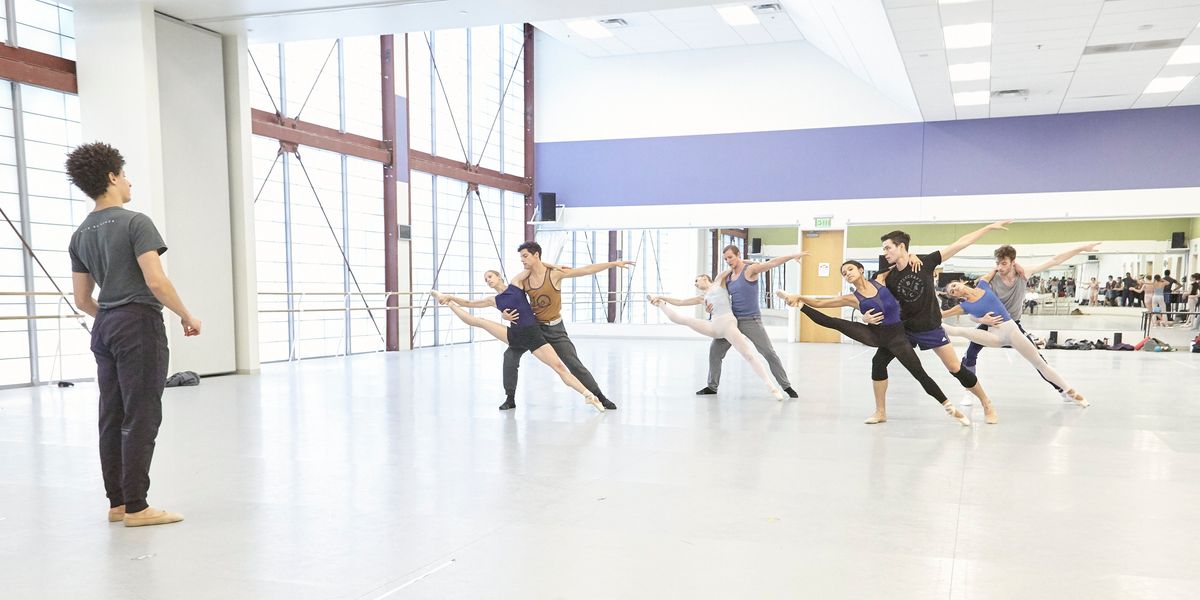How Commissions From Drew Jacoby, Alina Cojocaru and More Fueled Juliano Nuñes' Burgeoning Career
If you follow Alina Cojocaru, Evan McKie or Maria Khoreva on social media, a new name may have caught your attention lately. At 30, Juliano Nuñes has already landed private commissions with an impressive list of ballet stars, who are drawn to his collaborative approach. The young Brazilian left the Royal Ballet of Flanders in 2018 to focus on his budding freelance choreography career, and he launched his own project-based company this summer. Pennsylvania Ballet commissioned his first stateside work in 2019; his latest creation, for Atlanta Ballet, was delayed this spring due to the pandemic.
You were a late starter, taking up ballet at 16. How did you work up to a dancing career?
I got into a hip-hop group back in Brazil, and my mother suggested I try ballet. It was very challenging and I saw that it could go on and on in terms of self-discovery, but we didn’t have any financial support. Luckily, the director of Mannheim University of Music and Performing Arts, in Germany, gave me a scholarship when I was 18—I knew then that it was my last shot.

Kim Kenney, Courtesy Atlanta Ballet
Did social media play a part in getting you commissions?
It definitely shaped it, but before that, Drew Jacoby was the person who opened doors for me. She was a principal dancer in Flanders and when I made my first male duet for a workshop, she asked if I would make a female version for her and Marie-Agnès Gillot from the Paris Opéra Ballet. Then I got the chance to create something for myself and Marie-Agnès. That’s when the real connections started to happen.
What are the challenges of working with such high-level performers?
There isn’t really a challenge! My rule number one is to come in as a sponge and take everything in: how they talk, behave, take corrections. I always disagreed with creators who would ask dancers to be completely different from themselves. When I work with someone who is Canadian or Russian, I try to think about the impact of their culture and their personalities.
Your career was taking off when the coronavirus crisis hit Europe—was it hard to press the pause button?
I was just about to create my first full-length work at the Teatro di San Carlo in Naples, with Polina Semionova and Friedemann Vogel as guests. I arrived in Italy on March 5 and the government immediately sent letters to all theaters to ask them to shut down. I went to Brazil to see my family instead, but I felt powerless, a little bit useless.
How did you work with the dancers at Atlanta Ballet?
The company’s dancers are stunning. They have no fear. I wanted to get them out of their comfort zone and use their bodies in very extreme ways in terms of rhythm and musicality. I was able to get two casts ready, and I’m very excited about returning.
Your collaborations with classical dancers have proved popular, but you also show your hip-hop and voguing moves on Instagram.
I’m obsessed with classical ballet, but starting with hip hop gave me this groove, and I love trying different styles. I don’t have restrictions about what dance is—I just try to push dancers further.




